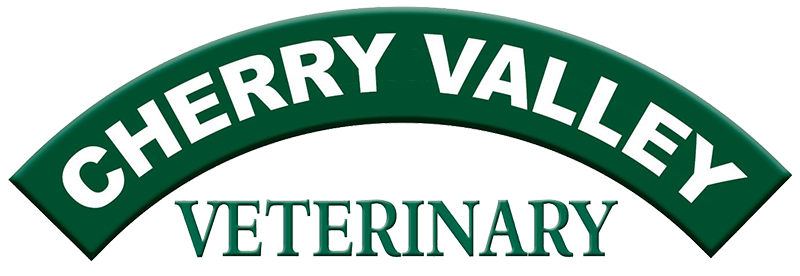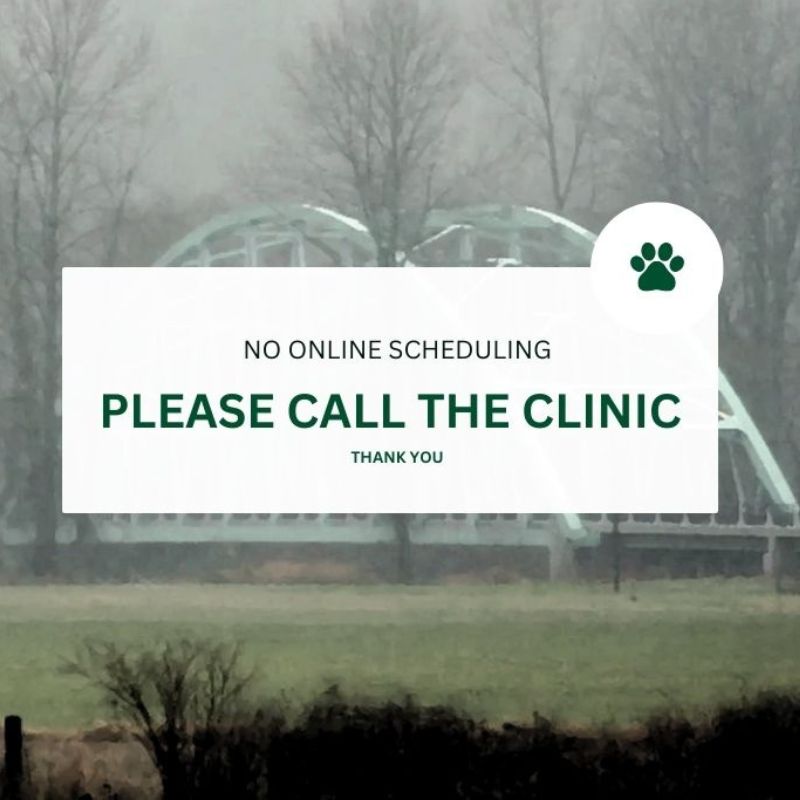Toxicities
If your pet has ingested a substance that is toxic or that you have concerns about, call your veterinarian and or an animal poison center.
Pet Poison Emergency Contacts and Hotlines
Poison Control Hotline ASPCA
(888) 426-4435
Fee: $95.00
Pet Poison Hotline
(800) 213-6680
Fee: $85.00
Additionally, you can find valuable information at the following websites:
Other Resources
Some Common Food Toxicities
- Alcohol
- Apples, Apricots, Cherries, Peaches Plums (stems, seeds, leaves, pits)
- Avocados
- Baking powder and baking soda
- Chocolate
- Coffee (grounds and beans)
- Dairy Products
- Fatty Foods
- Grapes and Raisins
- Macadamia nuts, Walnuts
- Moldy or spoiled foods
- Mushrooms
- Nutmeg, Mustard Seeds
- Onions, Garlic, Chives
- Potatoes & Tomatoes leaves, stems (green parts)
- Raw Salmon
- Salt
- Xylitol (sugar sweetener common in gum)
- Yeast Dough
Other Toxicities
Slug Bait (Met aldehyde):
Slug bait is toxic to both dogs and cats, and it is best to keep pets away from treated areas and/or use slug bait that is labeled as safe for pets.
Signs of slug bait ingestion include:
- Panting, fast heart rate, anxiety
- Muscle tremors, twitching, stumbling when walking
- Hyperthermia (fever)
- May result in death if left untreated
Rat Poison:
Many rat poisons are designed to reduce and/or climate the ability to clot blood. This means that if an animal has ingested rat poison, they are more likely to bleed, which may be visible in the form of bruises but, more seriously, may cause internal bleeding.
Signs of rat poison (anti-coagulation form) include:
- Bruising
- Bleeding of the gums, blood in the vomit or stool, coughing blood
- Pale gums, weakness.
- If left untreated, rat poison may cause severe bleeding leading to death.
Antifreeze:
Antifreeze is enticing to pets due to its sweet taste. However, just a small amount can be extremely toxic to the kidneys and cause failure, which may result in death. Early signs of antifreeze ingestion are stumbling when walking, vomiting, and depression. Seizures, increased urination (eventually becoming little to no urination), and increased thirst may also be seen. Antifreeze is extremely toxic, and it’s crucial to take your pet to a veterinarian immediately.
Poisonous Mushroom, Conocbye Folaris, has been sighted in our area. Please be on the lookout.

